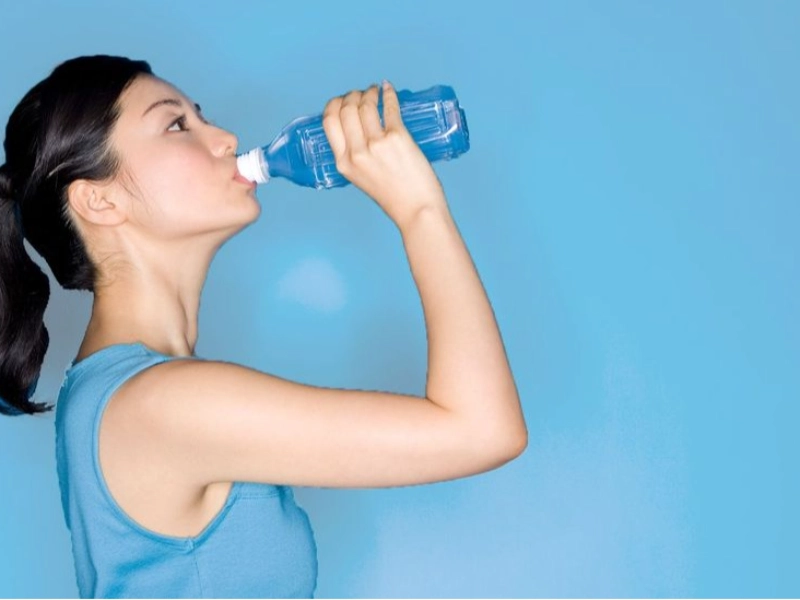2. The Science of Hydration: Why Water Matters for Your Body

Water is not only a basic liquid; it's also a basic component of our bodies and is quite important for many physiological reactions. Knowing the physics of hydration can allow us to value why our health and well-being depend on keeping appropriate fluid balance. This information can inspire us to give hydration top priority in our daily life and decide on our fluid consumption with wisdom.Fundamentally, water is absolutely necessary for existence. Every cell, tissue, and organ in an adult has it; it makes up roughly 60% of their total weight. In our bodies, water performs several important roles: it acts as a building ingredient for cells, a solvent for biochemical reactions, a waste and nutrition transport medium, and a thermostat. It affects practically every physical ability, including elimination, digestion, absorption, and circulation.Water in our bodies serves mostly as a temperature regulating agent. We sweat when we're heated; as the sweat dries off our skin, it cools us. Maintaining our core body temperature within a safe range depends on this mechanism sometimes referred to as evaporative cooling. Our capacity to control temperature suffers without enough water, which can cause heat exhaustion or perhaps heat stroke in extreme circumstances. This is especially crucial in hot surroundings or during exercise since good hydration greatly affects our safety and performance.Our cardiovascular system depends on water also quite heavily. Major component of blood, it moves waste products, nutrients, and oxygen throughout the body. Our blood volume lowers when we are dehydrated, which increases the effort our heart makes to pump blood and supply oxygen to our cells. Dehydration can thus cause tiredness, reduced physical performance, and even cognitive impairment. Studies have revealed that even minor dehydration can influence brain clarity, mood, and energy level.Water is vital in our digestive system for breaking down meals and nutritional absorption. It makes vitamins, minerals, and other nutrients from our diet available to our body by helping them dissolve. By providing weight to stools and guiding waste through the intestines, water also helps to preserve normal bowel motions. Enough water maintains general digestive health and helps avoid constipation.Our kidneys and urine system depend also on water. Waste items from our blood are filtered by the kidneys using water, which they ultimately eliminate as urine. Good hydration helps the kidneys operate effectively, therefore lowering the risk of urinary tract infections and kidney stones. It also helps dilute urine, therefore reducing the concentration of minerals that might cause uncomfortable kidney stones.At the cellular level, water is part of innumerable chemical reactions. It preserves the framework of big molecules such as proteins and glycogen. Furthermore vital for our cells' energy generation is water. Water is a reactant and a product simultaneously during cellular respiration, therefore stressing its basic importance in the energy metabolism of our body.Knowing the physics of hydration helps one to appreciate the need of preserving appropriate fluid balance. It's about helping every system in our body to run as it should, not only about satisfying thirst. Appreciating the several ways water supports our health helps us to make better choices regarding our hydration practices and give fluid intake top priority as a component of our general well-being.
Advertisement
Recommended Reading: The Best Book-to-Movie Adaptations That Are Worth Reading and Watching
You are viewing page 2 of this article. Please continue to page 3


























Comments
Leave a Comment
Your email address will not be published. Required fields are marked *